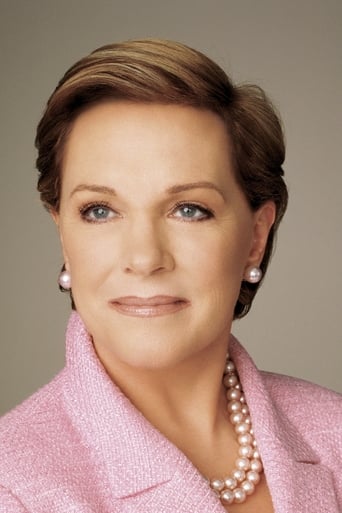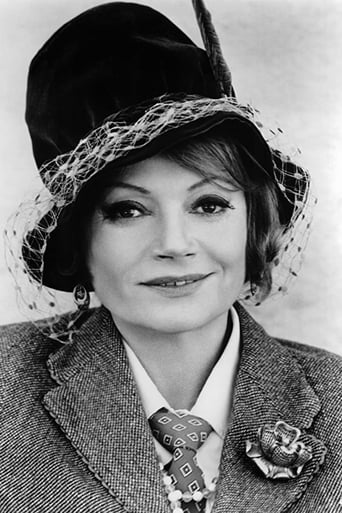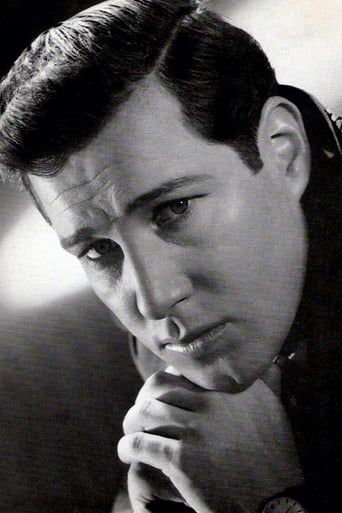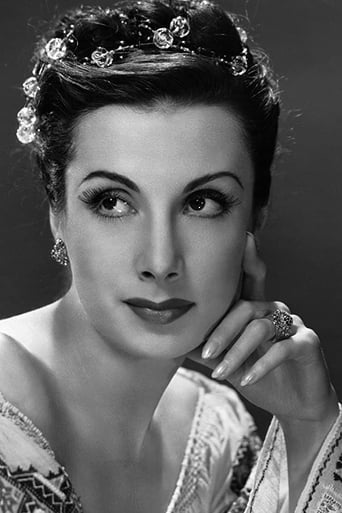Claysaba
Excellent, Without a doubt!!
Dorathen
Better Late Then Never
StyleSk8r
At first rather annoying in its heavy emphasis on reenactments, this movie ultimately proves fascinating, simply because the complicated, highly dramatic tale it tells still almost defies belief.
Jakoba
True to its essence, the characters remain on the same line and manage to entertain the viewer, each highlighting their own distinctive qualities or touches.
Hitchcoc
I like Julie Andrews. I don't like her character in this film. She is portrayed as the stereotypical female of the fifties and sixties who can't keep her nose out of things. She is asked to do some things on faith, and off she goes to defy a simple request. She is constantly in the way in tense situations. But the plot is pretty good and while not a work of art, there is good tension and suspense. Of course, the East Germans are about as helpless as they can be, missing opportunities to put an end to Newman's activities. It is hard to tell who the good guys are sometimes. I have to say that the scene at the farmhouse is classic and shows how hard it is to kill someone without the aid of a gun. It seems endless as Newman and the woman do everything they can and are barely able to escape. By the way, do we ever get to know what happens to her or where she went. I'm hoping this fictional character was able to take off after burying the evidence. The final scenes are somewhat stock (the theatre thing was done already). Anyway, it's a really fun romp with signature actors.
Spikeopath
Torn Curtain, in spite of what some may believe, was not a flop. Critically mauled, it did however not fail at the box office. This can most likely be attributed to the fact that it's directed by Alfred Hitchcock and stars Paul Newman and Julie Andrews, three of the biggest names in cinema history.It's a film that isn't as awful as you may have been led to believe, in fact it's a passable Cold War suspenser, but it's just that it's a muted picture on auto pilot, an overlong spy caper encompassing a thematic beat about fidelity and trust. Plot involves defection, double agents, undercover missions and a whole host of shaky spy like shenanigans. However, these things are never developed into a thrilling movie. It exists, and cheekily for a while it holds the interest.Atmosphere is set at bleak, which is in keeping with the atmosphere behind the scenes of the production - casting decisions, fall outs et al - so really it's not a must see movie. There's some merit here, with ironic smarts and genuinely good ideas, it's just that come the 90 minute mark you will be looking at your watch and thinking the big names involved should be producing something a whole lot greater. 5/10
Ben Parker
Well, a man and woman are on a train, and the man starts acting strange, almost schizophrenic. It could have gone a number of ways... Where it went was a bit disappointing.There was probably a brilliant film here on cold war paranoia, but since the "war" was ongoing at time of writing, the film is positioned a little too heavily behind one side, and feels false as a result. Suspense levels are pretty low, actual scenes of violence and action are very few, which is probably why this one doesn't have a great reputation. Performances are good, however. Its no Vertigo. 5/10
Red-Barracuda
In the 1960's the tensions of the Cold War ensured that the spy genre was at the height of its popularity both in films and on TV. After the financial failure of Marnie (1964), Alfred Hitchcock chose to play it safer and moved away from the complex psychological aspects of that film and into the more populist, less ambiguous spy thriller territory with his next two films Torn Curtain and Topaz (1969). Unfortunately, the decision did not pay off, as both of those were equally as unsuccessful at the box office as the darker, less straightforward Marnie. For me, Marnie is easily the best of Hitchcock's three 60's box office bombs but of the two spy thrillers, Torn Curtain is superior to Topaz. It's less flabby and more concise, yet both films share a similar characteristic where they begin very well but lose their way somewhat in their final third. With Torn Curtain, the initial set-up is somewhat intriguing and paced very well; it also includes a classic Hitchcock scene where a man and a woman kill a communist security agent in a farmhouse in a particularly protracted an messy fashion, going against cinematic norms and illustrating the sheer difficulty of killing someone. But psychological edginess is eventually disregarded and the plot essentially mutates into a chase movie which is a bit of a let-down considering the potential that has been put in place in the set-up.Its story has an American nuclear physicist defect to East Germany but finds his situation complicated when his fiancé follows him. This one is also typified by featuring two actual mega-stars of its day in Paul Newman and Julie Andrews. It has to be said though that neither of them seem to be at their best here and their performances almost feel a bit forced. Seemingly Hitchcock did not work well with method actor Newman and this clash of styles could be at least partially responsible for the uneasy feeling on-screen. Torn Curtain is hardly a disaster though as it does contain some great moments and benefits from a very polished look. And in fairness, even though it is somewhat routine, it's no less so that a few of Hitchcock's earlier more lauded thrillers. I do feel though that this director is at his best when he is working with material with more psychological edginess, as opposed to the more straightforward suspense embodied in Torn Curtain. It's a solid but unspectacular affair.







